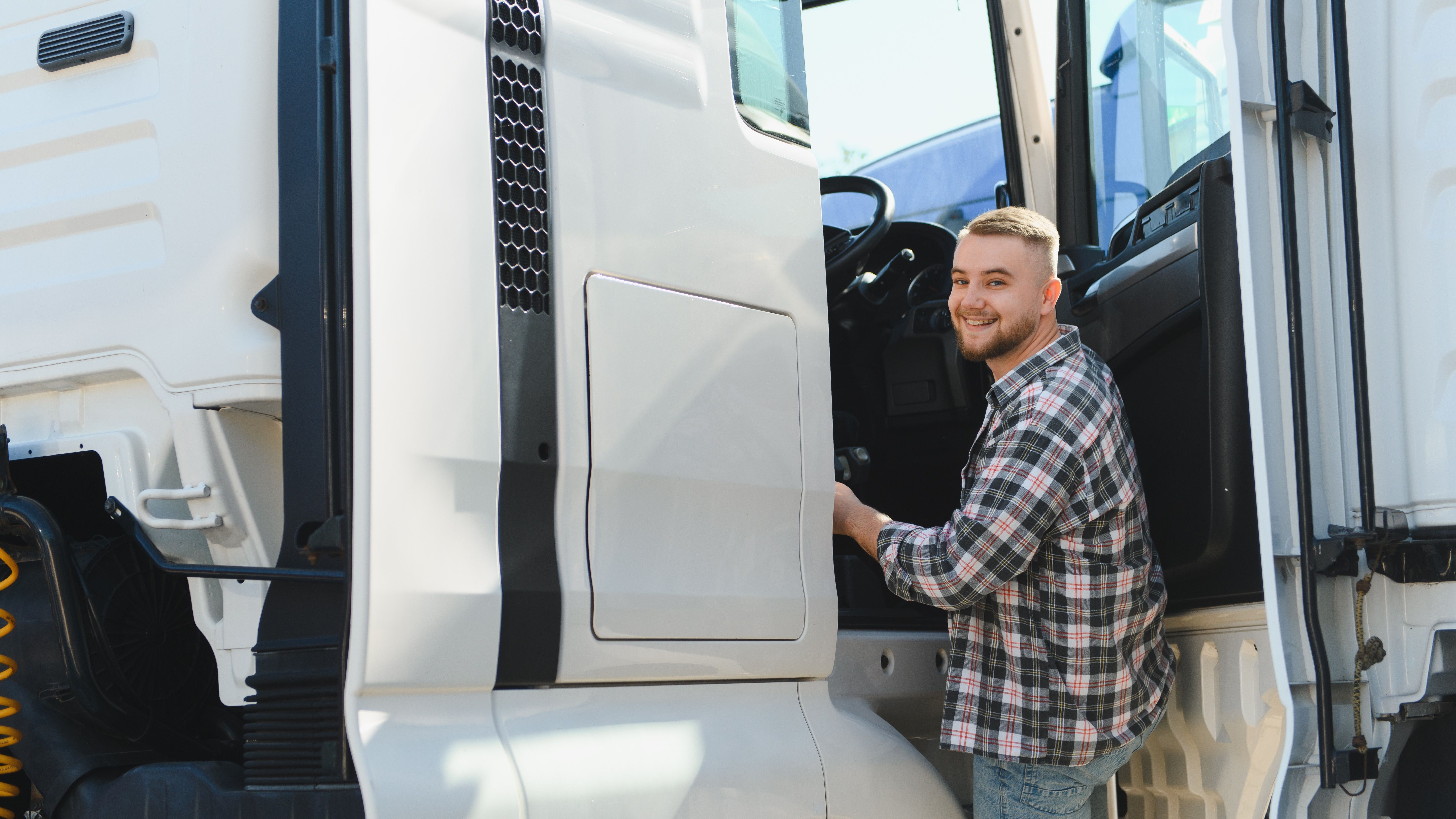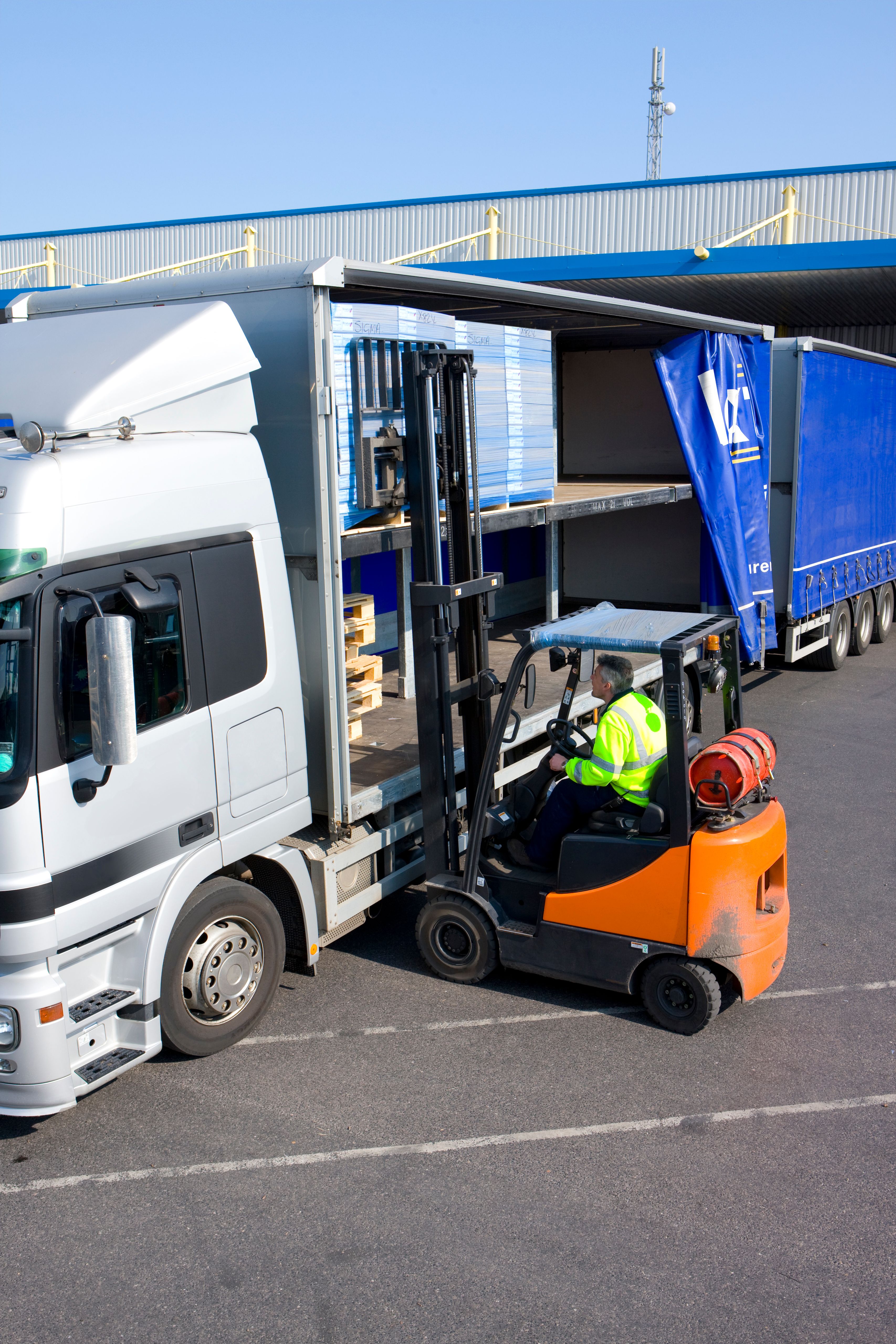Best Chattel Mortgage Rates Get Up To $1m
To secure the best chattel mortgage rates for your business, you can fund a car or other equipment from $10k to $1M+. Compare 80+ lenders and get funded in as little as 3 hours.

Get Your Asset Funded In 3 Simple Steps
Your time is valuable. We’ve replaced slow bank processes with a smart, simple system designed to get your business equipment funded with minimal fuss. Here’s how our loans work.
Fill Out a Quick Form
Fill out a quick questionnaire so we can understand your unique situation. This is 100% Free.
Compare Your Options
Our system compares 80+ lenders for you and finds the best deal with the highest first application approval chance. This comparison won’t affect your credit score.

Get Funded Fast
If the product suits you, confirm by phone and get approved and funded in as little as 3 hours.
Why Compare Business Loans with Lend?
Our smart technology and expert team save you time, protect your credit score, and find you a great deal on business finance.
Trusted by Aussies
With over 50,000 loans funded and an 'Excellent' 4.8/5 rating on Reviews.io, we are one of Australia's most trusted platforms for securing business finance.
Free to use
Our comparison service is 100% free. Our mission is to help Aussie businesses find their lowest interest rates.
Safe & secure
Our process does not affect your credit score at all. It's safe to compare with us.
Chattel Mortgage Interest Rate Comparison
Compare current chattel mortgage options in Australia from our panel of 80+ lenders. We display all available loans transparently. See your personalised options and check your eligibility to find the right loan for your business car sooner. Simply hit ‘Compare now’ and our system will do the work.
$
No results found for the selected filters.
Certainty In Your Chattel Choice
Our commitment is to empower your business with the right funding, intelligently matched every time, providing the certainty you need to get the best possible deal.
50,000+
Loans Funded
4.8/5 ⭐️
Excellent on reviews.io
"Our technology simplifies the complex chattel mortgage process by matching your business to the right loan from 80+ lenders. This ensures you secure your car quickly and confidently, without the usual stress."
Andrew Beckett, Head of Broker and Third Party Distribution
Ready to Get Your Next Business Asset?
Your next business asset is waiting. Get started with a free, personalised chattel mortgage comparison and start saving today.
Our promise: no credit score impact
Your Complete Guide to Chattel Mortgages
This guide provides clear, data-driven answers to help you secure the best chattel mortgage for your business with confidence.
Updated: 05/12/2025

Australian Chattel Finance at a Glance
A chattel mortgage is the most common way Australian businesses secure a car, trailer, and equipment loan, allowing ownership from day one to maximise tax deductions.
7% to 20%
Typical Interest (p.a)
5 Years
Average Loan Term
90%
Approval Success Rate
for strong applicants
24 hours
Fastest Funding Speed
How Does a Chattel Mortgage Work?

How Does a Chattel Mortgage Work?A chattel mortgage is a business loan used to purchase a moveable asset, like a commercial car or equipment, without paying the full price upfront. The lender provides the funds and secures the loan against that asset until it is fully repaid. This is a common form of chattel mortgage car finance. Common features include:
- Borrow from $10,000 to over $1,000,000 for your equipment purchase.
- Loan terms typically range from 1 to 7 years.
- Finance a new car from a dealership, auction, or private seller.
- The final interest is set based on the asset and your business credit profile.
- Payments can be structured weekly, fortnightly, or monthly to manage cash flow.
- An optional balloon payment can be included to lower regular payments.
- The loan interest and the asset's depreciation are often key tax deductions.
What Impacts Your Chattel Mortgage Costs?

Your final interest cost reflects how lenders view your business's risk profile. Understanding the key factors they assess empowers you to present your business in the strongest possible light and secure a more competitive deal. The advertised rate is not always what you get.
- Credit History : A strong personal and business credit score signals reliability to lenders and is a primary factor for top-tier options.
- Business History : A longer trading history with consistent revenue demonstrates stability and reduces perceived risk, often leading to lower costs.
- Asset Age and Type : Financing a new car from a dealer is typically less risky than a used asset from a private seller, which can result in a more favourable interest cost.
- Loan Size and Term : The total amount borrowed and the length of the loan can also influence the final offered price.
- Deposit or Trade-In : Making a down payment or using a trade-in reduces the lender's risk, which can help you secure a lower interest cost.
4 Ways to Better Finance Rates
Taking a few strategic steps before you apply can significantly improve your chances of securing a lower interest cost and more favourable loan terms on your chattel finance.
Prepare Your Financial Documents
Have your recent Business Activity Statements (BAS), financials, and bank statements ready. This shows lenders you are organised and speeds up the assessment process.
Know Your Credit Score
Check your personal and business credit scores before applying. If you find any errors, addressing them beforehand can directly result in a better loan offer.
Choose a Newer Asset
Lenders often offer more competitive interest rates, sometimes 1% to 2.5% lower, for new assets because they hold their value better and represent a lower risk.
Provide a Deposit
While not always required, offering a deposit or using a trade-in reduces the loan amount. This lowers the risk for the lender, who will often reward you with a better deal.
Key Chattel Finance Questions

A chattel mortgage is a business loan used to purchase a moveable asset (a 'chattel'), like a car or equipment. The lender provides the funds to buy the asset, and you take ownership immediately while the lender holds a security interest over it until the loan is repaid. It is a type of chattel loan.
Yes, it is a type of secured business finance. The asset you are purchasing acts as the security for the loans, which is why costs are generally lower than for unsecured business loans.
Yes. Sole traders, as well as companies and trusts, can apply for a chattel mortgage, provided they have an active ABN and can show enough business income to service the loan.
For a well-prepared application with all required documents, approval can be granted in as little as 24 to 48 hours. This is much faster than traditional bank loans.
Yes, most lenders offer funding for assets being purchased from dealerships, auctions, or through a private sale. The lender will verify the asset and seller details as part of the approval process.
Understanding Fees with a Chattel Mortgage

Beyond the headline cost, it’s important to be aware of the standard fees associated with commercial finance. A good finance broker will ensure these are transparent from the start. A rate chattel is determined by many factors.
- Establishment Fee : A one-off fee charged by the lender to cover the administrative costs of setting up the loan.
- Monthly Account Fee : An ongoing administrative fee that may be charged each month for the life of the loan.
- Early Repayment Fee : A fee that may be charged if you decide to pay off the entire loan before the end of the agreed term.
- Late Payment Fee : A penalty fee charged for a missed or late scheduled payment.
Should You Opt for a Balloon Payment With Your Chattel Finance?
Most chattel mortgage agreements include an optional balloon payment, which is a pre-agreed lump sum payment due at the end of your loan term. While a large final payment may seem negative, it significantly improves monthly cash flow. For example, your monthly payments might be $800 per month with a balloon versus $1,000 per month without one. That extra $200 in monthly cash flow could be vital for a business's operational costs. A balloon payment can make a new car more affordable without putting unnecessary strain on your finances. This can improve your monthly repayments.
Are You Eligible for a Chattel Mortgage?
Lenders have slightly different criteria, but these common requirements will give you the best chance of a fast approval. Knowing these helps you understand where you stand before you apply for a car loan.

- ABN & Business Structure : You must have an active ABN and operate as a Sole Trader, Company, or Trust.
- Minimum Trading History : Most lenders require at least 6 months of continuous business operation, though 12 months or more is preferred.
- Minimum Business Income : A consistent monthly income, for example $10,000 or more, shows lenders you have the cash flow to manage payments.
- Credit History : A director's good personal credit score is preferred, but specialist lenders can often find solutions for profiles with past paid defaults.
How to Apply for Faster Loan Approval
A well-prepared application is the key to getting a fast approval. By having your information in order, you can avoid common delays and present your business as a low-risk borrower.
Step 1: Prepare Your Loan Documentation
Before applying, gather all necessary documents. This typically includes recent bank statements (3 to 6 months), Business Activity Statements (BAS), proof of ID for the directors, and details of the car or equipment you intend to buy.
Step 2: Assess Your Financial Position
Review your income, expenses, and existing debts to confirm the loan payment your business can comfortably manage. Using an online chattel mortgage calculator can help you estimate payments. Knowing this figure helps you apply for a realistic amount.
Step 3: Submit a Formal Finance Application
Complete the application form with a lender or finance specialist. Ensure all information is accurate and consistent with your supporting documents, as any discrepancies can cause delays.
Step 4: The Lender's Credit Assessment
A credit assessor will review your file, perform a credit history check, and verify your financial information. If you have provided clear and complete documentation, this stage can often be completed within 24 to 48 hours.
Related Calculators
Chattel Mortgage vs Other Asset Finance
While a chattel mortgage is the most popular option for financing business equipment, it's important to understand the alternatives to ensure you're making the best choice for your financial situation and tax strategy.

The lender purchases the asset and leases it to you for an agreed period. You make regular lease payments, but the lender retains ownership. At the end of the term, you typically have the option to purchase the asset for its residual value, extend the lease, or upgrade. This can be beneficial for businesses that want to preserve capital.
This is a long-term rental agreement. The lender owns the asset, and you pay to use it for a fixed term. Lease payments are often treated as an operating expense, and there is usually no option to purchase the asset at the end. This is ideal for assets that quickly become outdated or for businesses that prefer not to have assets on their balance sheet.
Similar to a chattel mortgage, you will eventually own the asset, but the ownership structure differs. The lender buys the asset, and you hire it from them while making regular payments. You only take official ownership of the asset once the final payment has been made. Tax implications also differ, particularly in how GST is claimed.
If maximising tax deductions through GST claims and depreciation is your main goal, a chattel mortgage is almost always the superior option. If you prefer lower upfront costs and the flexibility to upgrade equipment regularly, a lease might be more suitable. It is always recommended to speak with your accountant to discuss the tax implications of each option.
Recent Articles
You might also like
Chattel Mortgage vs Finance Lease Comparison
Here is a direct comparison of the key advantages and disadvantages of the two most common forms of asset finance to help you decide.
Feature | Chattel Mortgage | Finance Lease |
|---|---|---|
Ownership | You own the asset from day one. | The lender owns the asset during the lease term. |
GST Claim | You can claim the entire GST amount on the asset's purchase price upfront in your next BAS. | You can claim the GST portion of each individual lease payment over the term. |
Balance Sheet | The asset and the loan (liability) appear on your balance sheet. | The asset does not appear on your balance sheet, which can improve some financial ratios. |
End of Term | You own the asset outright once the loan (and any balloon) is paid. | You have the option to pay a residual value to purchase the asset, or start a new lease. |
Your Chattel Mortgage FAQs

A key tax benefit is the ability to claim the full GST paid on the asset's purchase price in your next Business Activity Statement (BAS). Additionally, you can usually claim depreciation on the asset and the interest portion of the loan payments as tax deductions. It is always best to speak with your accountant for tailored financial advice.
Once the final payment is made, including any balloon payment, the lender removes their security interest from the asset. At that point, you own it outright with a clear title.
Yes, securing finance with bad credit is achievable. While major banks may decline, many specialist lenders focus on your recent business performance rather than historical issues. As long as you can demonstrate strong current revenue and past defaults have been resolved, there are viable pathways to approval. However, you should expect to pay a significantly higher interest rate to account for the increased risk to the lender.
A standard car loan is for personal use, whereas a chattel mortgage is a business loan. The structure is designed for commercial use, allowing businesses to claim GST and other tax deductions that are not available with a personal loan. This is a key difference of a mortgage chattel finance agreement.
In many cases, you can finance 100% of the car's purchase price with no deposit. However, providing a deposit can reduce your payments and may help you secure a lower interest cost as it lowers the lender's risk.
Yes, you can usually pay off a chattel mortgage before the end of the term. However, you should check the loan contract for any potential early repayment fees, which some lenders charge to compensate for lost interest.
Typically, you will need proof of identification (like a driver's licence), your ABN, recent bank statements (3-6 months), and potentially your latest Business Activity Statements (BAS). For larger loans, full financial statements may be required.
The interest rate is determined by several factors, including your credit score, how long your business has been operating, your annual revenue, the age and type of the asset, and the loan amount and term.
What Happens After Your Loan Is Approved?
Once you accept a formal loan offer, the final steps are straightforward and designed to get you your new car as quickly as possible.
- Review and Sign Documents : The lender will send you the formal loan documents, usually for electronic signature. It is crucial to read the terms and conditions carefully to ensure all details are correct.
- Provide Final Verification : You may be asked for final verification documents, such as a copy of your driver's licence or the formal invoice for the asset you are purchasing.
- Funds are Transferred : After the signed documents are returned and verified, the lender will transfer the funds directly to the seller of the asset, such as a dealership or private individual.
- Take Possession of Your Asset: Once the seller confirms they have received payment, you can take possession of your new car or equipment. Your payment schedule will then begin as outlined in your loan agreement.
Andrew Beckett is a finance executive with extensive Fintech expertise. As Head of Broker and Third Party Distribution at Lend, he fostered key partnerships, including COG aggregation and CAFBA. With prior sales roles in various fintech and finance companies, Andrew has been instrumental in transforming Australia's financial market, shaping new lending practices in the commercial lending space.
Andrew Beckett, Head of Broker and Third Party Distribution
Phil Druce leads the company’s technology and operations. With 20 years of experience in technology businesses, Phil has consistently driven growth through strategic planning and execution. Since 2016, he has been dedicated to creating technology-driven products and services at Lend, optimising processes, and delivering outstanding client experiences.
Phil Druce, Chief Operations Officer
Why Australia Trusts Lend








Get Your Best Chattel Mortgage Rate from 80+ Lenders
Enter your desired loan amount to see how much you can save. Get your best price now and secure the right finance for your business.
Our promise: no credit score impact






